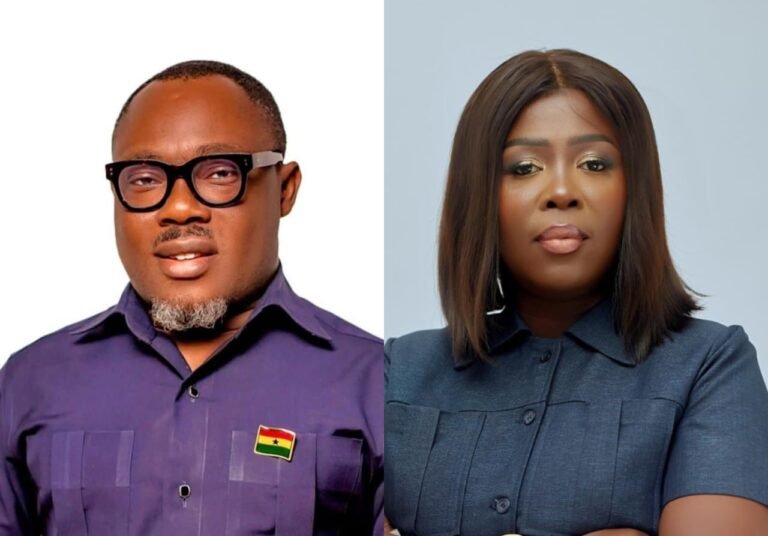
Mohamed Ibn Chambas
The Special Envoy of the Economic Community of West African States (ECOWAS) to Guinea, Mohamed Ibn Chambas, has declared his intention to withdraw as a mediator to the West African State.
Speaking to journalists on the sidelines of the 61st Ordinary Session of the Authority of ECOWAS Heads of State and Government on Sunday, Dr. Ibn Chambas said his decision to step down is to pave way for a successful dialogue to take place for Guinea to return to constitutional democratic rule.
“In Guinea, the transitional authorities continue to insist that there is no political crisis, yet it is evident that once a military has overthrown a civilian government, there is a political crisis in the country. This reason is what the Guinean authorities have used to refuse to accept an ECOWAS envoy in the country in the person of myself,” he said.
“At this point, I believe that I should not be the stumbling block to dialogue between ECOWAS and Guinea. To facilitate forward movement on this issue, I have decided to withdraw myself as an envoy of ECOWAS to Guinea to allow the authority to come up with other names,” Dr. Ibn Chambas added.
Dr. Ibn Chambas was appointed in November last year as Special Envoy to Guinea to strengthen dialogue with the Guinean military authority towards the successful and short transitional process.
Military takeover
Guinea, whose junta has refused an ECOWAS mediator, announced a 36-month transition period, and has conditioned any dialogue towards a successful transfer of power to a constitutionally recognised head of state on the appointment of another ECOWAS mediator.
The military junta in Guinea said its transition back to civilian rule would, probably, take more than three years, a proposal likely to upset West Africa’s political bloc that has called for a swift return to constitutional order.
Military leaders have snatched power in Mali, Burkina Faso, and Guinea over the last two years, raising concerns of a backslide in democracy in West Africa that over the past decade had begun to shed its reputation as a “coup belt”.
The coups have put the countries at odds with the Economic Community of West African States (ECOWAS), which is trying to put power back in civilians’ hands.
ECOWAS has already imposed sanctions on Mali after military leaders proposed holding onto power until 2025, hammering its economy by shutting it off from regional trade and financial markets. ECOWAS has given Mali 12-16 months to arrange democratic elections.




